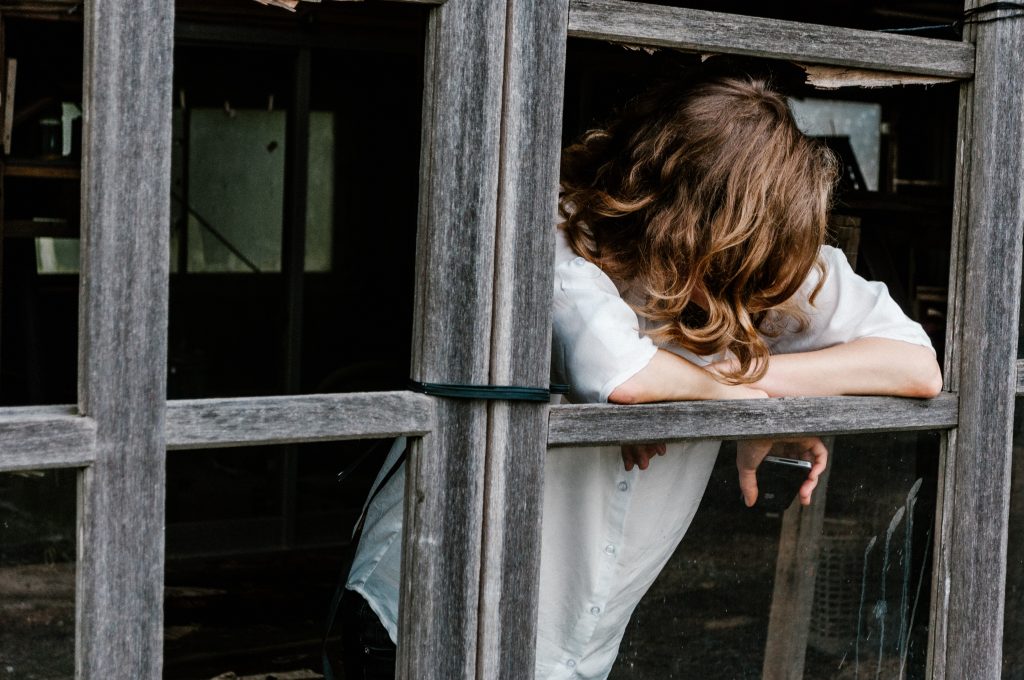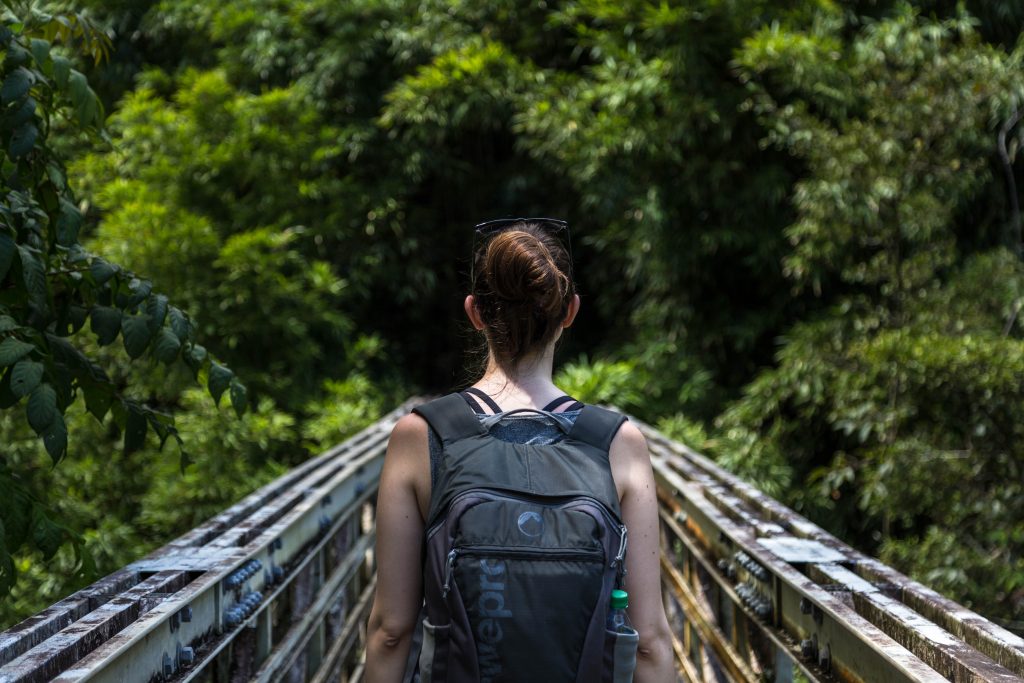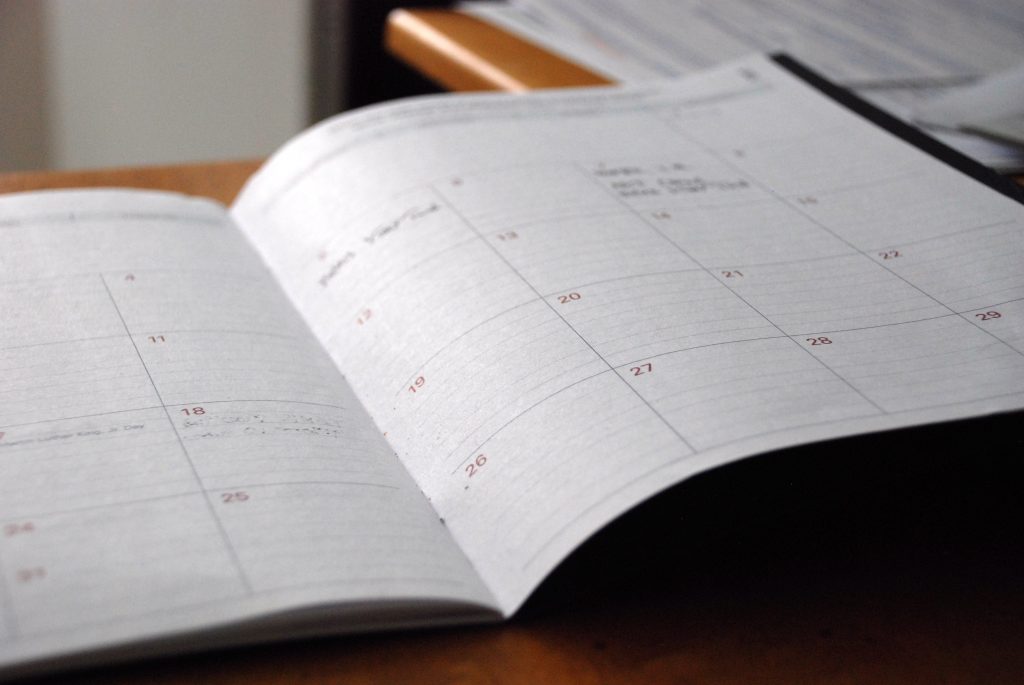
Dr. Steven Hoff, an associate professor of school psychology at Saint Rose, offers expert advice for helping teens and college students manage their mental health through the COVID-19 pandemic.
In a matter of days, young people have been thrust into an entirely new reality. High school and college students abruptly find themselves at home, with parents who are working remotely, or who have been laid off. No one knows what’s next.
To help Saint Rose students and families define the scope of the crisis and identify strategies to manage, we turned to Dr. Steven Hoff, a Saint Rose associate professor of school psychology. An expert in trauma, Hoff teaches in our three-year graduate program in school psychology, He is also a licensed psychologist who consults individuals and schools in times of crisis.
What is trauma, and does the current situation fit the definition?
Traumatic events can include being victim or witness to acts of aggression, sexual or physical abuse, serious car accidents, or natural disasters.
The COVID-19 pandemic presents a traumatic event of a type and magnitude we have not seen in our lifetime. It cannot be seen, its course is unknown, It’s worldwide and can affect anybody. Therefore, we can expect to see all the common symptoms of trauma. We can also feel assured our mental health responses to supporting people in traumatic situations will be effective.
What are the particular factors for high school and college students?
There are many who won’t walk at graduation, won’t have their senior prom (at least not when planned), will lose their sports season. These are milestones they have worked hard for. Many have experienced a complete and abrupt dissolution of their communities and how they define themselves.
There is a real mourning process that they will experience. It is important to help them express the loss and disappointment, but also fully celebrate their accomplishments.
High school students will be able to connect with friends. But college students who are unexpectedly at home have lost their social support. Restaurants, movies, gyms, retail are all shut down.
And they need to complete their semester via online courses. This requires proper hardware, software, internet access, and a location to work from. This can present a great challenge. And some have left part-time jobs and now have limited opportunities to find work.
Homes or apartments may be more crowded and therefore more stressful than usual. True story: after one son came home from college, two of my three sons were arguing. I heard yelling and came upstairs to find a hole in the drywall after they wrestled in a tight space!
What are typical reactions?
The American Psychological Association describes the following common symptoms of trauma:
- intense, unpredictable feelings, irritability, mood swings, anxiety, depression
- rapid heartbeat or sweating
- difficulty making decisions
- sleep or eating issues, headaches, nausea
- fear the event will be repeated
- increased conflict, or more withdrawn
- anxiety about the health of themselves and loved ones
Young folks may not experience all these symptoms, but some are possible. They are exacerbated for teens and young adults who find it difficult to talk about their feelings. In addition to the many young folks who experience anxiety, there are others who feel ‘invulnerable’. This comes with the territory for some in adolescence. It is important to help those young people understand that while they are at lower risk, they can be very helpful by not spreading the virus to those older and more vulnerable.
How do the typical reactions to trauma turn unhealthy?
The risk is that teens and young adults who are not supported become increasingly isolated and become increasingly anxious and depressed. At such times, they are more at risk for using drugs and alcohol and engaging in risk-taking behaviors. It is imperative that adults pull together to support them.
How should we keep this from happening?
Helping young people think about our current reality in ways that are not catastrophic but still true can be helpful: More people are going to get ill, but knowing young healthy people face low risk can be reassuring. They can also feel good knowing that by staying home they are contributing to the solution.
Recommendations (from the National Association of School Psychologists) for parents include:
- remain calm and assuring
- discuss precautions
- remind them this is temporary
- discuss feelings and concerns
- maintain a routine
How might they spend their time – given that this hunkering down might go on for a long time?
We need to help young people cope with this global health crisis. Important self-care activities include:
- Regular exercise: getting outdoors for walks, bike rides, stretching, yoga. There are guided workouts on the internet.
- Healthy eating: Being homebound is an opportunity to focus on eating well. Cooking and eating ‘mindfully,’ that is being fully immersed, is a fantastic way to shut off stressful thoughts.
- Stay socially connected: through social media, telephone, video chat.
- Engaging in activities at home: Activities such as reading, painting, and projects reengage young adults in their homes.
Students can be helped to recognize and celebrate their accomplishments. Rather than disappointment, they can instead focus on their success and on great things to come. Celebrations can be planned differently with a little creativity – a small party at home, a ‘virtual’ get-together. Tapping into their creativity can help them tap into their resilience.
What does a normal healthy day look like for kids in this abnormal time?
- Get dressed
- Create a schedule: When will you shower, work, do chores?
- Plan your week: What will you do each day (work, home projects, etc.)? Keep variety.
- Go outside: Walk or jog. Exercise and sunlight are medicine, and exercise is an evidence-based treatment of depression. Some of my students are doing online workouts offered by their gym or by various websites.
- Be intentional: Pick up a hobby. Tap into curiosity, and see this as an opportunity.
- Beware of too much social media: Some social media is good for social connectedness with friends and family.
- Be a helper: This can help us feel good.
- Shift your mental space: Create distance from the stressful thoughts that are part of our current state of affairs.






Comments posted on this site are held in moderation until approved by a site administrator. Vulgar, profane, obscene, offensive terms or personal attacks will not be tolerated.